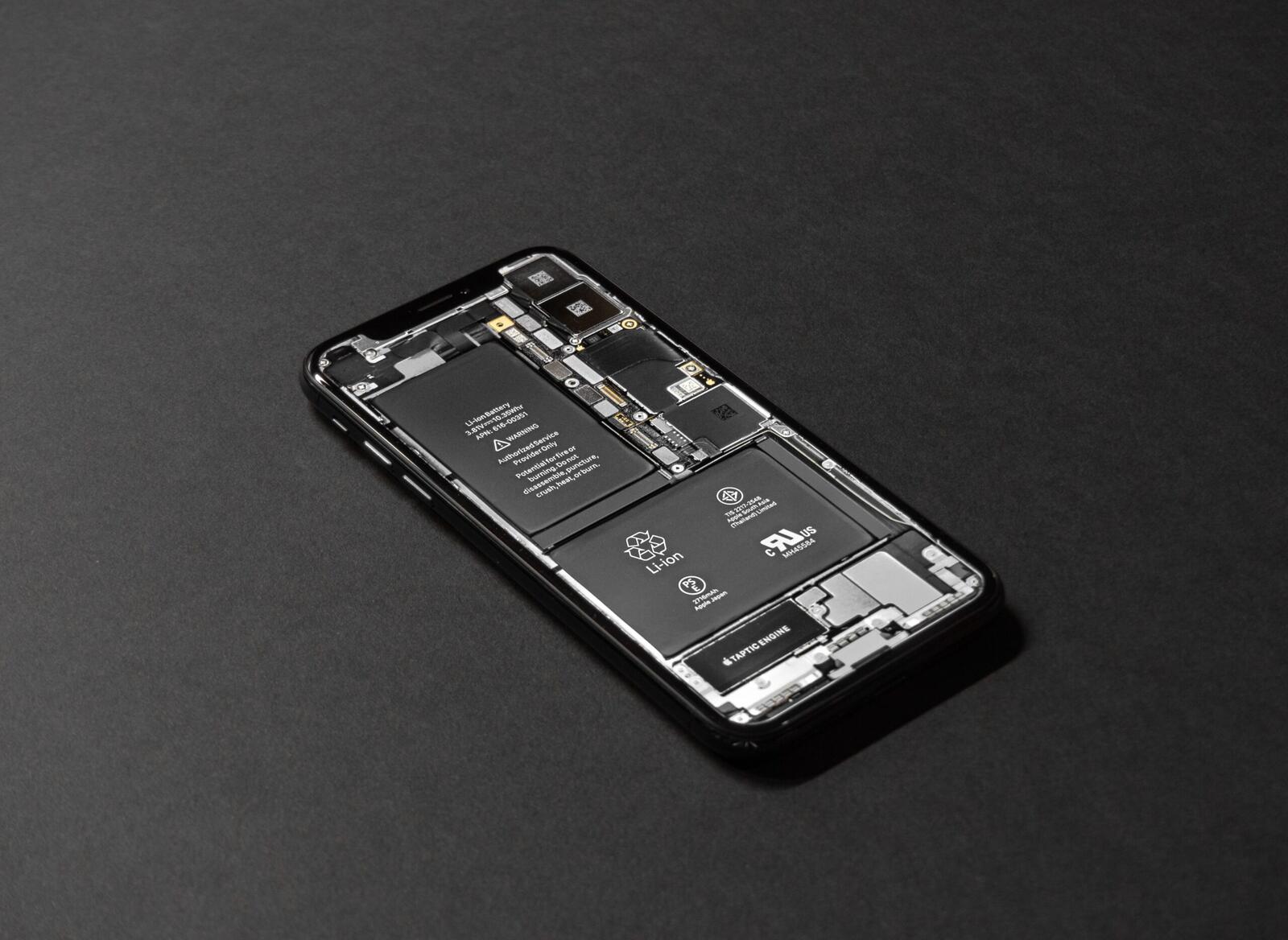It’s not every day that iPhone owners find themselves in a position to receive compensation from Apple, one of the world’s leading tech companies, and brands overall.
But that’s precisely what’s happening due to the ‘Batterygate’ scandal. At the heart of this issue is Apple’s decision to slow down the performance of certain older iPhones, a move they claimed was to preserve battery life.
The Initial Outcry
Back in 2017, whispers started circulating among iPhone users. Many felt their older iPhones weren’t performing as they once did.
These suspicions were confirmed when Apple released a software update that, instead of extending battery life as intended, reduced the processing capabilities of older iPhones.
Directly from the sources, “Complaints first arose in 2017, when some older iPhone owners accused Apple of throttling down the phones’ CPUs.”
The Legal Battle Begins
The wave of discontent among iPhone users soon transformed into a tidal wave of legal action. A class-action lawsuit was swiftly filed.
Apple, while not admitting any wrongdoing, did acknowledge the issue. They issued an apology and even reduced the price for iPhone battery replacements.
In 2020, Apple agreed to a settlement. “Apple did agree to pay the estimated $500 million lawsuit back in 2020,” as reported by The Mercury News.
But the process was far from smooth. Apple had to provide names and contact details of all affected iPhone owners, leading to delays.
There were also objections. Two iPhone owners tried to appeal against the settlement but failed. This meant Apple was set to pay out $310 million of the proposed $500 million.
As for individual payouts, Tyson Redenbarger, a lawyer involved in the case, stated that “3 million claims have been received.” This means a payout of roughly £47 (converted from $65) per user.
More from News
- What Are UK Innovator Passports And Who Uses Them?
- Experts Share: Are There Other Global Initiatives Similar To Trump’s “Gold Card” Visa?
- How Are The UK And The Ocean Linked To Threat Detection?
- Driverless Vehicles: Why Is Tesla Under Investigation?
- Professional AI Use: Is There A Double Standard In Who Uses It?
- Experts Share: How Can The UK Maintain Its Position As A Top Tech Hub Globally?
- Amazon’s Same-Day And Next-Day Delivery Now In 4000 More Areas
- Valutico Acquires AI Innovator Paraloq Analytics to Revolutionise Private Company Analysis
The Affected iPhone Models
The iPhone models in question included the iPhone 6, 6 Plus, 6s, 6s Plus, SE, 7, and 7 Plus. These devices had specific iOS versions before December 21, 2017.
Many owners of these models reported a drop in performance after the software update.
Apple’s Response and Future Decisions
Post ‘Batterygate’, Apple introduced features allowing users to monitor their Battery Health. They can also optimise battery charging based on usage patterns.
There’s now a Low Power Mode, which can help extend battery life by reducing certain background activities.
Apple has also been proactive in improving the battery life of newer models. The Apple iPhone 14 Pro Max, for instance, has been recognised for its long battery life, thanks to its efficient A16 Bionic chip.
The Broader Picture for Apple and Its Customers
The ‘Batterygate’ controversy sure was significant, but it’s essential to see the bigger picture here. Apple is a company valued at over £2 trillion.
The payouts, while a gesture towards making amends, are a drop in the ocean for Apple. But for many users, it’s a matter of principle and trust.
Trust and clear communication are so important when establishing a loyal brand following and loyalty. As the payouts begin, many will be watching to see how Apple takes more decisions with the user in mind.



